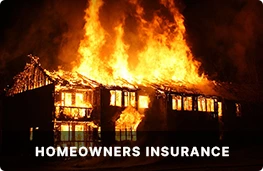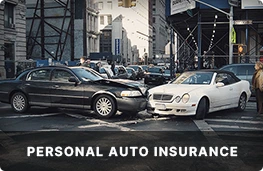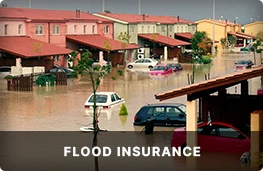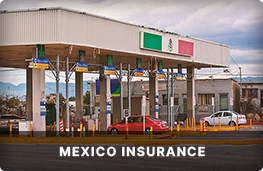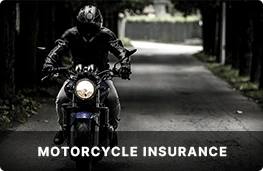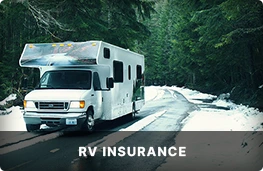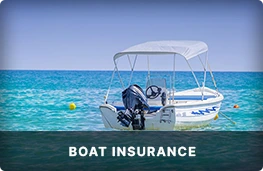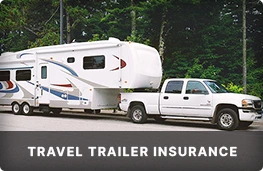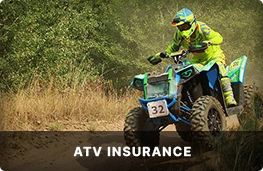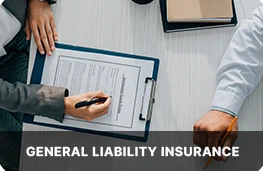What to Do BEFORE, DURING, and AFTER a Flood
Floods are something that can't be stopped once it gets started. It is very destructive and could cost thousands of dollars in damages, not to mention the potential fatalities that come with it. To minimize that, you need to do these things before, during, and after a flood.
BEFORE A FLOOD
- Research the area - Some areas are very prone to flooding while some are not. If you haven't bought/rented a house yet, it's best to research the area first and avoid it if it constantly floods there. But if you have a house already in a flood-prone area, then the next step is:
- Create a plan - Nothing is worse than getting caught in a flood with your pants down. You don't have an escape and a survival plan. It's best to do these things even before a flood so that once it occurs, you have a straight path to survival.
- Put together an emergency kit - This should be prepared at all times even if the probability of flood is very low. An emergency kit could be the difference between death and survival.
DURING A FLOOD
- Unplug everything - If there are heavy rains near your area and you sense that a flood might be coming, better to unplug your devices and appliances before the water level rises. Better yet, turn off your house's circuit breaker! Floodwaters that reach electricity are very fatal and must be avoided at all costs.
- Get to higher ground - The higher the better. Floodwaters are dirty and it carries unsavory stuff like diseases and all sorts of filth. Getting caught in the flood could get you sick for days to come so it's best to avoid by getting to higher ground.
- Listen to the radio - If all goes as planned, your radio should be packed inside the emergency kit you prepared beforehand. Turn it on and listen to the broadcast. There is some life-saving information in there so use it.
AFTER A FLOOD
- Don't go home yet - If you went to an evacuation area during a flood, do not go home unless the authorities say so.
- Always play it safe - If you see areas that have been severely damaged by floods, avoid it.
- Check damages - Floods could cause thousands of dollars in damage to your home. It is best to assess what these damages are so your insurance would cover them.
Comments
No comments made yet. Be the first to submit a comment
By accepting you will be accessing a service provided by a third-party external to https://www.affordablequalityinsurance.net/

